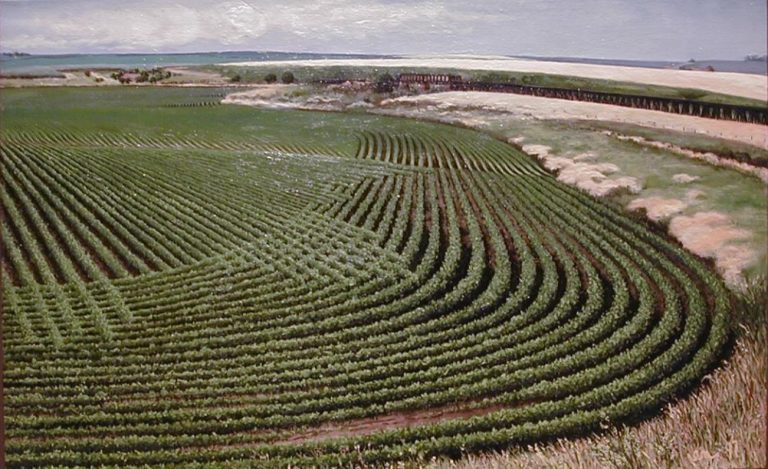
Probate vs Trust Administration
Probate and trust administration are not the same. There are important differences and similarities between administering a decedent’s probate estate and administering a decedent’s trust estate.

Probate and trust administration are not the same. There are important differences and similarities between administering a decedent’s probate estate and administering a decedent’s trust estate.

More and more often, estate beneficiaries are retaining their own attorneys to make sure that the executor properly administers the estate.

The world exists just as much online, as it does offline. Failing to recognize that when planning for the end of life, can lead to unexpected repercussions for survivors.

Without a proper elder law estate plan, the children’s responsibilities are even more exhausting, stressful and sad.

In most instances, a will is required to go through probate to prove its validity. Investopedia’s recent article entitled “When the Beneficiaries of a Will Are Notified” explains that there are exceptions to the requirement for probate, if the assets of the diseased are below a set dollar amount. This dollar amount depends on state…

A trust can be used to manage estate taxes, shelter assets from creditors and pass on wealth to future generations. A family trust is a specific type of trust that families can use to create a financial legacy for years to come. There are several benefits to creating one, although not every family necessarily needs one. If you’re curious about where this type of trust might fit into your family’s estate plan, here’s what you need to know.

Has a loved one named you their financial power of attorney? Are you ready to take on all the responsibilities that entails? Hopefully, you won’t be called into action anytime soon, but with the coronavirus pandemic continuing, it’s something to think about.

If your will was signed before 2013 and you have a so-called by-pass estate tax saving trust that is no longer necessary, you really should update and simplify your will.

Most consumers are familiar with the beneficiary designation form they complete when opening an IRA or 401(k). The form designates who receives the asset, if the account owner dies. However, these forms can create confusion, unintended bequests and family turmoil, if not adequately monitored.

Planning for the end of your life can be intimidating. When you are a farmer, your business is not only your livelihood and your passion, but, often, it is also intermingled with your family life. For that reason, estate planning — arranging for the management of your assets once you die — is especially important for aging farmers.